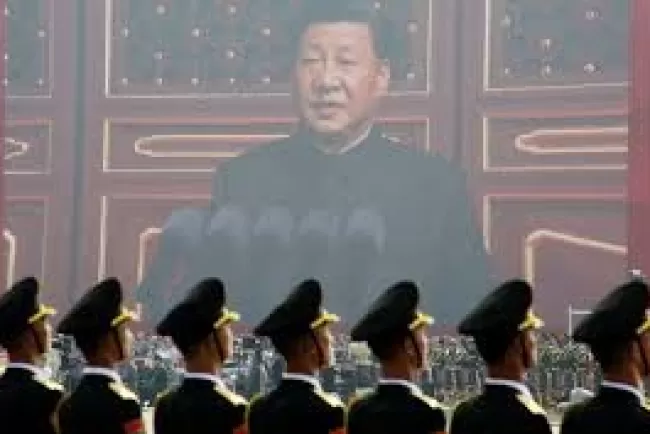Global Trade Dynamics Shift as 50 Countries Engage with U.S. Following Tariff Announcements
In the wake of President Trump's recent tariff announcement, over 50 countries are scrambling to initiate trade talks with the United States. This sweeping new regime, which imposes a baseline tariff of 10% on all imports and specific duties that could reach as high as 50%, has prompted nations like India, Israel, Vietnam, Taiwan, and Singapore to seek exemptions or renegotiate trade terms. As the global economy braces for the impact, this article explores the ramifications of these tariffs and the responses from various countries.
Countries React to U.S. Tariff Strategy
Countries are quickly adapting to the new trade landscape. Taiwan has proposed zero tariffs as a means of maintaining favorable relations, while Singapore is focusing on deepening partnerships rather than retaliatory measures. Conversely, China has responded with retaliatory tariffs of 34%, indicating a more aggressive stance against the U.S. tariffs. The European Union, America’s largest trading partner, has yet to officially respond, but reports suggest that countermeasures are being prepared in anticipation of the U.S. actions.
Even nations with existing free trade agreements, such as Singapore, Chile, and Malaysia, are not exempt from the newly imposed 10% baseline tariff, raising concerns about the future viability of such agreements. This unexpected tariff structure is pushing many countries to the negotiation table to reassess their trade relationships with the U.S.
Market Reactions and Economic Implications
The financial markets have reacted sharply to the news, with U.S. equities losing over $11.1 trillion since January 17, equivalent to 38% of the nation's GDP. Stocks have plummeted as investors flock to options, with Friday alone witnessing a record 100 million options contracts traded, the highest in market history. The immediate implementation of tariffs, alongside reciprocal rates set to take effect soon, has raised fears of a broader trade rupture, particularly with Japan and South Korea, which account for over $200 billion in U.S. trade.
The White House has characterized the tariffs as a strategic reset of global trade. President Trump emphasized that there will be no negotiations until countries agree to significant financial contributions, referring to the tariffs as "economic medicine." However, this approach has raised concerns about the long-term economic implications.
Economic Forecasts and Future Outlook
Economic forecasts are already reflecting the potential fallout from these trade policies. JP Morgan has downgraded its 2024 U.S. GDP growth forecast from 1.3% to a contraction of 0.3%, with expectations that unemployment will rise from 4.2% to 5.3%. Treasury officials have denied claims that the administration is leveraging the market downturn to pressure the Federal Reserve into cutting interest rates, despite speculation fueled by social media.
As retaliation week begins, market participants are on high alert, closely monitoring Europe's next move in response to the ongoing trade tensions. Countries around the world are assessing their strategies as they navigate this new economic landscape shaped by the U.S. tariffs.
Conclusion
The implications of President Trump’s tariff announcement extend far beyond the U.S. borders, prompting a reevaluation of global trade dynamics. As countries engage in negotiations and prepare for potential retaliatory actions, the economic landscape remains uncertain. The coming days will be crucial as nations respond and adapt to this evolving trade environment. The world watches closely as the ramifications of these tariffs unfold, with significant economic consequences hanging in the balance.
What's Your Reaction?
















